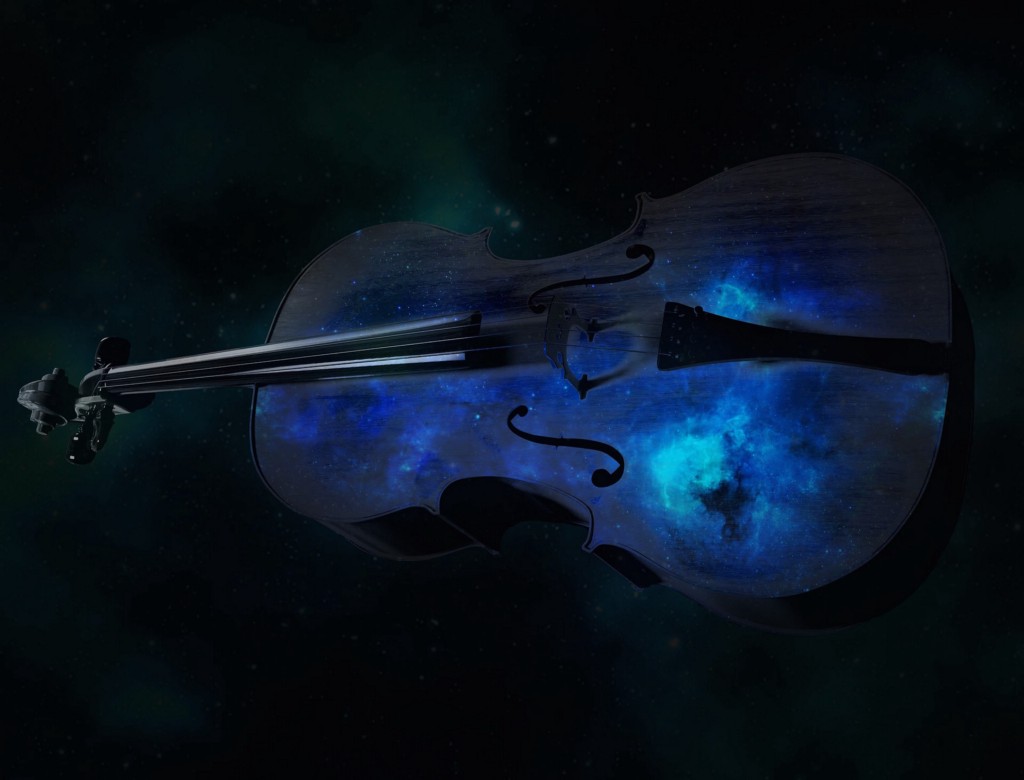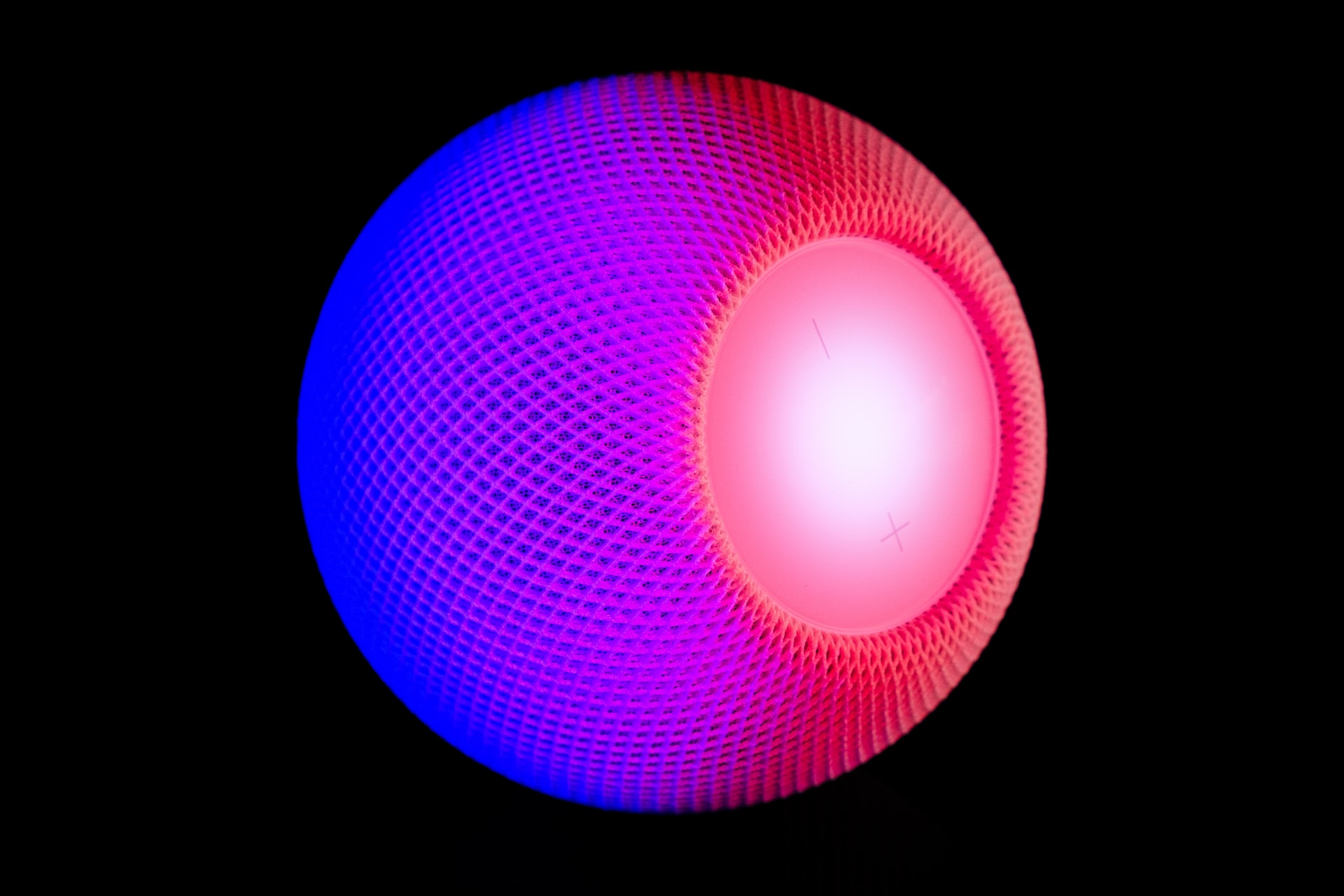essays
Why Has Ursula K. Le Guin Inspired So Many Musicians?
From pop to metal, bands cite the science fiction author’s themes as an influence

Mow the Glass, the latest album from Oregon’s The Lavender Flu, rests on the uneasy boundary between garage rock and psychedelia. This is an album that can evoke haunting musical fragmentation with a deftness equal to its more straightforward rock numbers. Depending on the listener, it can come off as either retro or timeless: the sort of music made by like-minded eccentrics at any time over the last few decades.
That air of timelessness is only accentuated by the album’s liner notes, which open with a line about “Ursula K. Le Guin whispering to James Tiptree Jr. in heaven.” While that can be read as a tribute to one of the greatest writers to hail from the band’s home state, it’s also indicative of a running theme in many a left-of-center album in recent years: the emergence of Ursula K. Le Guin as a bona fide musical influence.
Le Guin’s ethos has found a number of devotees willing to translate the ideas and themes of her prose into music across a variety of styles and genres.
2018 has abounded with surreal cultural moments, ranging from the inspired to the genuinely awful. On the delightful side of that surrealism is the fact that Ursula K. Le Guin received an 8.3 on Pitchfork for a new edition Music and Poetry of the Kesh, an album she made in collaboration with Todd Barton as a companion piece to her novel Always Coming Home (which is itself getting a deluxe reissue next year). And while the music on Music and Poetry of the Kesh itself may not have its own lineage — at least, not yet — Le Guin’s ethos has nonetheless found a number of devotees willing to translate the ideas and themes of her prose into music across a variety of styles and genres.
Bands drawing upon literary influences isn’t anything new, from the prog rock of Uriah Heep (named after a Dickens character) to the intense emo of Straylight Run (Neuromancer) and Gatsby’s American Dream (you definitely get this one). But what makes Le Guin’s musical influence more noticeable is its subtlety. This isn’t a case of a band naming a song after a minor character in A Wizard of Earthsea (although there’s some of that, too) — it’s about grappling with the same themes and motifs that Le Guin worked so memorably into her own writing.
Baltimore dream-pop duo Beach House released their seventh studio album, 7, earlier this year to abundant critical acclaim. While not a case of an artist reinventing themselves, it does stand apart from the rest of the band’s discography, in part due to the involvement of musician Sonic Boom from beloved experimental groups like Spectrum and Spacemen 3. In an interview with Pitchfork about the making of the album, Beach House’s Victoria Legrand and Alex Scally both citied Le Guin’s The Left Hand of Darkness as having informed the album.
“There’s a certain amount [in our imaginary mood board for the album] that is not sci-fi, per se, but some kind of pre-apocalyptic unrest,” Legrand said in the interview. “Glamour and destruction mixed with youth and nighttime and black cars and The Left Hand of Darkness. If you tie the Warhol Factory to these kind of more abstract and futuristic things, there’s some crazy hybrids that you get.”
The blissful and often narcotic pop of Beach House isn’t the only musical configuration for rock bands inspired by Ursula K. Le Guin’s writings. A number of heavy metal bands have found her work inspiring, including the jazz-influenced Norwegian outfit Keep of Kalessin, which takes its name from Le Guin’s beloved Earthsea series of books. That influence has also gone deeper for certain artists–in 2017, Noisey profiled the Oakland metal band Ragana, describing them as “a black metal band that loves Courtney Love and Ursula K. Le Guin.” Earlier this year, the band posted a moving tribute to Le Guin on their Facebook page, including a reference to Always Coming Home. The tribute called Le Guin “a true earth witch, a true visionary human, illuminator of inner worlds.”
Like The Lavender Flu, Ragana has roots in the Pacific Northwest — specifically, Olympia, Washington, about two hours north of Portland, where the group first met. Lyrically, they evoke Le Guin at both her most pastoral and her most galaxy-spanning. Musically, they veer from harrowing blends of guitars and screams to more restrained, blissful passages. It’s not the first music that comes to mind when thinking of Le Guin’s writings, but it’s not far removed from it either.
San Francisco’s Cold Beat represent an entirely different application of Le Guin’s works to a musical setting. Songwriter Hannah Lew has spoken about her fondness for Le Guin’s writings. In an interview with Vol.1 Brooklyn (which, full disclosure, I conducted), Lew noted, “I really like her ability to imagine totally different realities and possibilities. She puts out philosophical what-ifs that are really valuable to consider about gender and the way societies work in general. It’s always good to imagine something really different.”
Cold Beat’s music has also veered into the explicitly science fictional: they’re a postpunk band with a retrofuturist aesthetic and, as such, make the tension between the organic and technological aspects of their songs a key element. In a 2013 interview with Rookie, Lew spoke about science fiction as a lyrical influence for her. “The landscape of what I write is in this weird, other place — definitely sci-fi, but it’s weird space poetry,” she said. “I think sci-fi allows us to imagine things we don’t want to admit in real life.”
Science fiction has inspired an expansive range of music: everything from Janelle Monáe’s concept albums about androids living in repressive societies to Rush’s dystopian 2112 to Planetarium, a collaborative work from Sufjan Stevens, Nico Muhly, Bryce Dessner, and James McAlister. But Le Guin’s aesthetic is distinctive for a number of reasons: it’s one that explores borders, boundaries, relativism, and intimacy in notable ways. It’s not surprising that these themes have drawn in lyricists over the years.
Le Guin’s aesthetic explores borders, boundaries, relativism, and intimacy in notable ways.
In an interview conducted four years later with Bandcamp, Lew continued to make the case for science fiction’s relevance to her music. “As an artist, I’m always working with narratives as a way to broaden my vocabulary about what reality is,” she said.
Shortly thereafter, she spoke about the potential of science fiction to offer a glimpse of a better world. “When we broaden our vocabulary and learn more, there’s a lot out there to discover,” she said. “I think it’s inspiring, especially when we’re getting down. It’s really healthy to remember that there’s a lot more out there.” It’s the same kind of thought experiment that one might see in an Ursula K. Le Guin essay or story — albeit in the process of being transfigured into a catchy and propulsive song. And while Le Guin’s own foray into music hasn’t necessarily spawned a legion of sound-alikes, the fact that she felt compelled to create such a work suggests that she left room in her writings for music—a gateway that this group of musicians has passed through, creating memorable work as they go.








